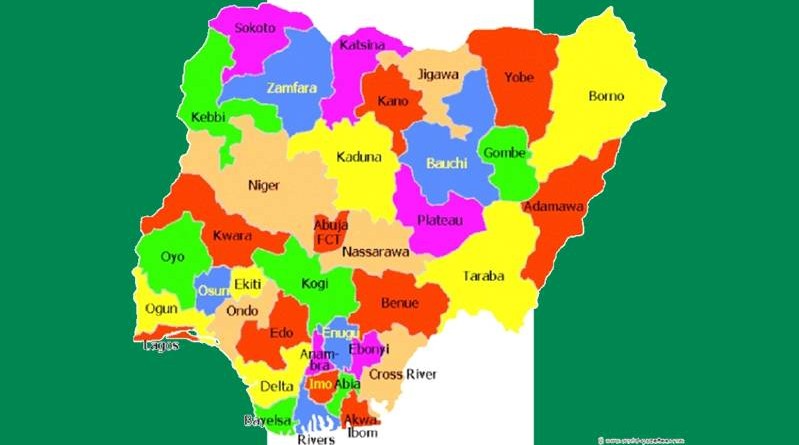RTI International to pilot TraceRx platform to track supply chain of medicines donated to treat NTDs in Nigeria
RTI International, a nonprofit research institute, has received a grant from the Bill & Melinda Gates Foundation to support the Federal Ministry of Health in Nigeria in using an innovative supply chain platform called TraceRx.
The platform will improve the tracking and management of donated medicines used to treat neglected tropical diseases (NTDs). The project, which was awarded through the foundation’s Neglected Tropical Diseases Data Innovation Incubator Grand Challenge, will help to ensure that donated medicines are accurately tracked and accounted for as they are distributed through mass drug administration (MDA) to those in need of treatment.
Through generous donations from the pharmaceutical industry, many medicines are readily available for national NTD efforts. However, getting medicines to those who need them can pose a challenge: from arrival in the country, to departure from national medical stores, to intermediate locations and service delivery points, in and out of local delivery points during MDA and back to storage.
“Having access to the right medicines at the right time is critically important for ensuring we reach all areas in need of treatment. This innovative new technology is expected to improve supply chain efficiency and promote long-term sustainability for the country’s NTD program,” said Kathryn Crowley, senior NTD project manager at RTI and principal investigator for the project. “We’re proud to work with our partners and the government of Nigeria to treat those suffering from NTDs.”
RTI, in partnership with Sightsavers and TraceRx, will work with the national NTD program to fully integrate the TraceRx platform into the MDA supply chain process.
Nigeria has one of the largest populations at risk for NTDs, spread across an expansive and at times difficult-to-reach landscape. Currently, the storage and movement of donated medicines in Nigeria are tracked through a paper-based system, sometimes resulting in inconsistent tracking at the local level during MDA and challenges in reporting accurate inventories of available medicines at the state and national levels.
The TraceRx platform will allow the national NTD program to scan and track all medicines. Program managers will then be able to easily quantify medicine supplies at the federal, state and local levels. A mobile phone application will capture data and relay it to a dashboard managed at the national level. This will help improve the accuracy of ordering medicines and ensure localities have enough to treat their populations, resulting in better quality and timelier NTD data.
The project team brings extensive experience in supply chain and has supported more than 20 countries in ordering medicines and coordinating distribution during MDA. Leveraging this expertise, the team will assess the Nigerian Federal Ministry of Health’s supply chain system, pilot the system at the federal level and in two states during MDA and develop an action plan for adapting and potential further use of the platform.
RTI’s work on this project builds on more than a decade of experience supporting governments to deliver highly successful, integrated, cost-effective and sustainable programs to reduce the burden of NTDs so they are no longer a public health problem.




